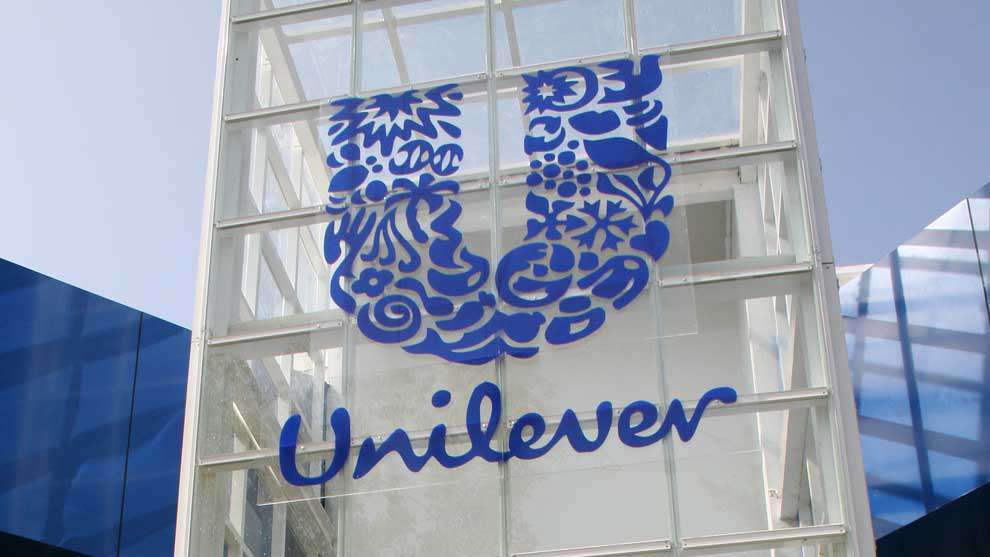
Blog: Companies see profit in less sugar
by Simone Schuilwerve
The Issuemakers returned to the classroom for one afternoon for a lunch lecture by Jeroen Jonkman, affiliated with the Communication Science department and the Corporate Communication program group at the UvA. Jeroen – who taught Issuemakers Simone and Lars the principles of Issue Management during their studies – received his PhD this summer with his research into the content, causes and consequences of news about large companies in the context of the Dutch media landscape. Issue thinking is becoming increasingly important for organizations, as is also evidenced by increasing scientific attention to it. For Jeroen, this was a reason to delve further into the way in which the media communicate about large companies, which factors determine the news about these organizations and how this news may influence the public's attitude towards large companies, were important issues.
The results of the study provide interesting insights for advice to our clients and have strong similarities with issues that we deal with on a daily basis at De Issuemakers. A few of the most important conclusions at a glance:
• Government-owned companies and business-to-consumer companies are in the news much more than other types of companies, such as business-to-business companies.
• News about large companies is structurally negative.
• Negative news has a greater effect on reputation than positive news. The effect of negative news is even three times greater than the effect of positive news.
• Visibility of companies in the news has a negative impact on reputation.
• If citizens already have a positive reputation towards a company, this functions as a buffer for negative news about these companies.
But it seems that negative messages can work like a boomerang in the case of moral issues, such as with a #MeToo scandal or Volkswagen's Dieselgate. A strong argument against greenwashing and one of awareness is that as a company you are more vulnerable when it comes to moral values.
From the results you can conclude that - given the negativity bias - it may be the best strategy to try to stay out of the news as much as possible. This seems to go well for a large organization such as oil company Vitol – the largest Dutch company in the world after Shell – for example The Correspondent already up. But in current times, when companies are increasingly expected to take responsibility and get involved in the debate on important social issues, this is often not a realistic option. The actions of large companies are often directly related to important social issues, as we at De Issuemakers know better than anyone. Consider issues such as climate change, health and privacy. Spent recently De Volkskrant further attention is paid to the way in which Shell identifies important issues in order to gain a grip on opportunities and risks for the company. Companies cannot ignore corporate citizenship – or their social responsibility. There is therefore an important task for companies, and for us as communications advisors, to shape that corporate citizenship and to know how to deal with a prevailing negativity bias. An idea? Embrace the negativity, throw defensive statements out the window, listen to your stakeholders and be part of the solution.




